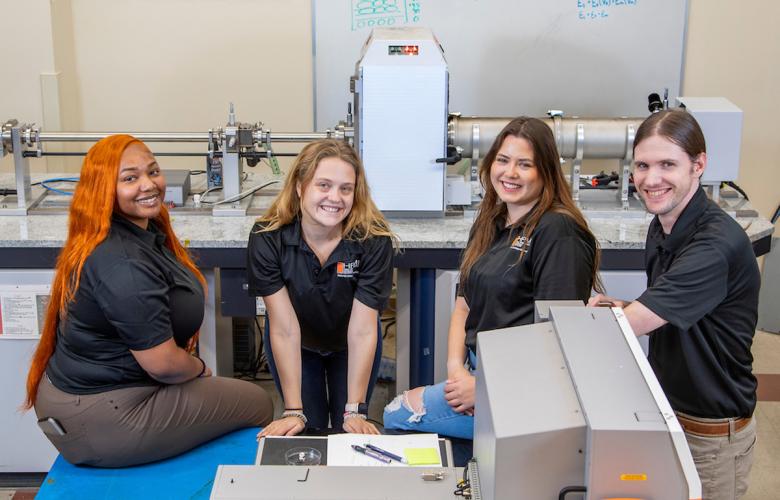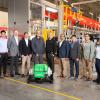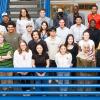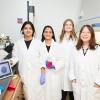Research Initiatives
At the FAMU-FSU College of Engineering, we are uncovering pathways to new properties, new behaviors and new materials that will shape the future of computation, communication and energy resilience. These initiatives embedded in our curriculum and research will impact engineering beyond the lab—each discovery and insight is a building block toward tomorrow's technologies.

Quantum Engineering
Our researchers are working at the frontier of quantum computing, communication, and sensing, drawing on unique strengths in cryogenics, materials, optics, and high magnetic fields. By partnering with national labs, and leading universities, we are positioning the College as a hub for innovation in quantum technologies.

Engineering Intelligence (EI)
Engineering Intelligence (EI): AI for Engineering and Engineering for AI reflects our comprehensive approach to uniting artificial intelligence with the practice and infrastructure of modern engineering. Through this initiative, we seek to prepare a new generation of engineers who can harness intelligence responsibly, advance the technologies that sustain it and apply it to solve the most pressing scientific, environmental and societal challenges.
With a strong foundation in quantum research and with new funding from the NSF, the college is poised to become a leader in quantum research and scientific discovery. Building upon a major investment by Florida A&M University (FAMU) and Florida State University (FSU) and ongoing quantum research by several faculty members, collaborations with national labs and industry partners ensure that students will gain cutting-edge experience and be prepared to lead in quantum technologies.
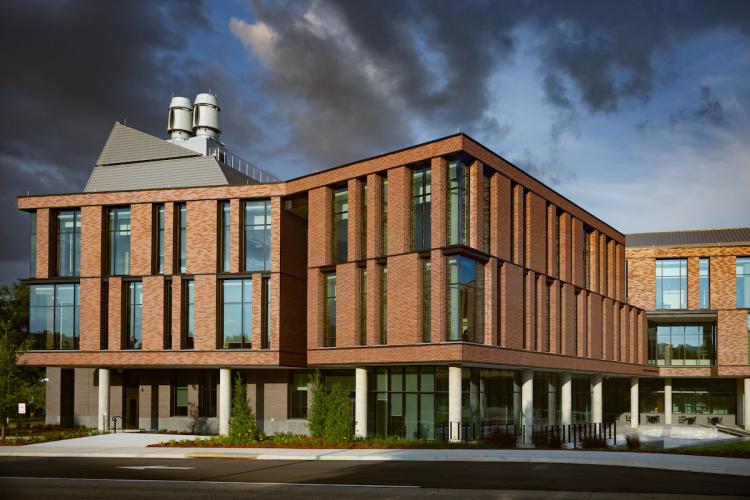
Strategic Priorities
Our impact on engineering research is varied and important. With these five-year main priority areas, we will affect the most urgent issues in our society today.
Engineering Resilience
Developing robust solutions for infrastructure and communities in the face of environmental, technological and societal challenges. We aim to create adaptable systems that can withstand and recover from natural disasters, climate change effects and cyber threats, ensuring safety and sustainability for future generations.
High-Performance Materials
Exploring nanomaterials, biomaterials, functional polymers, quantum and superconducting materials to revolutionize industries from aerospace to healthcare, focusing on sustainability, efficiency and innovation. Creating materials that are not only stronger and lighter but also more environmentally friendly.
Sustainable Energy Systems
Advancing renewable energy technologies and improving energy efficiency, encompassing solar, wind energy, biofuels and novel energy storage solutions. We aim to develop technologies to ensure energy independence and also promote environmental stewardship, aligning with the global shift towards a more sustainable energy future.
Integrated Transportation Systems
Centered on advancing the future of mobility, encompassing both ground and aerospace transportation. We focus on integrating smart technologies and advanced aerodynamic solutions in transportation infrastructure, developing efficient electric and autonomous vehicles, and traffic management systems optimization. Our aim is to create seamless, sustainable and safe multi-modal transportation networks that address the needs of society on the ground, in the air and beyond.
Engineering Healthcare
Encompassing biomaterials, cellular and tissue engineering, imaging and spectroscopy, nanoscale science and engineering, and AI-assisted medical training and neuroimaging. Our goal is to create engineering solutions that significantly improve patient care and safety in the healthcare industry.
Oak Ridge National Laboratory has launched its Neutron Nexus pilot program through the FAMU-FSU College of Engineering. The first program of its kind nationwide aims to broaden and diversify the scientific user community by reaching out to universities and colleges to increase collaboration and, ultimately, scientific advancement.
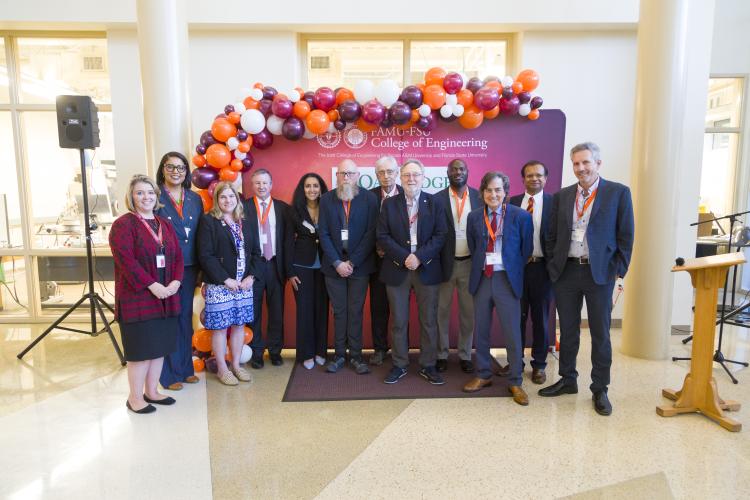
Featured Facilities
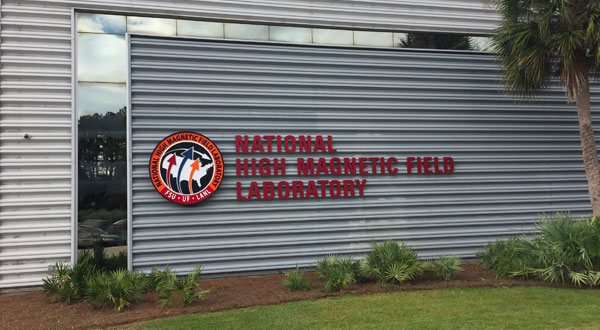
National High Magnetic Field Laboratory
The mission of the National High Magnetic Field Laboratory (NHMFL), as set forth by NSF, is: "To provide the highest magnetic fields and necessary services for scientific research conducted by users from a wide range of disciplines, including physics, chemistry, materials science, engineering, biology, and geology."
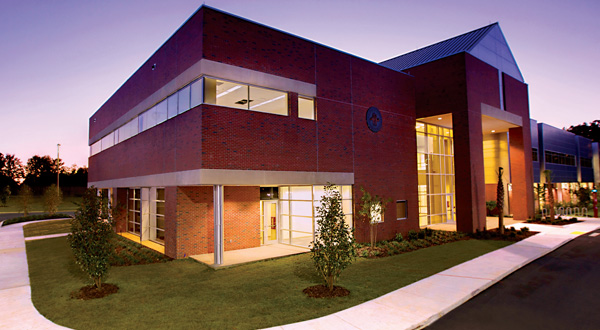
High-Performance Materials Institute
The multidisciplinary High-Performance Materials Institute (HPMI) performs research for emerging advanced composites, nanomaterials, multifunctional materials and devices, and advanced manufacturing.

Resilient Infrastructure & Disaster Response Center
The RIDER Center promotes all-embracing and equitable disaster resilience for vulnerable populations and probes the underlying causes of disaster vulnerability in communities. This is done while accounting for infrastructure characteristics and social needs.
In an unparalleled achievement, students from the FAMU-FSU College of Engineering and the High-Performance Materials Institute (HPMI) emerged as the undisputed champions at the Society for the Advancement of Material and Process Engineering (SAMPE) university research symposium at CAMX this fall. The 2023 SAMPE symposium saw a historic win for the institution as its talented researchers clinched the gold medal in all three categories: Ph.D., M.S., and B.S.
